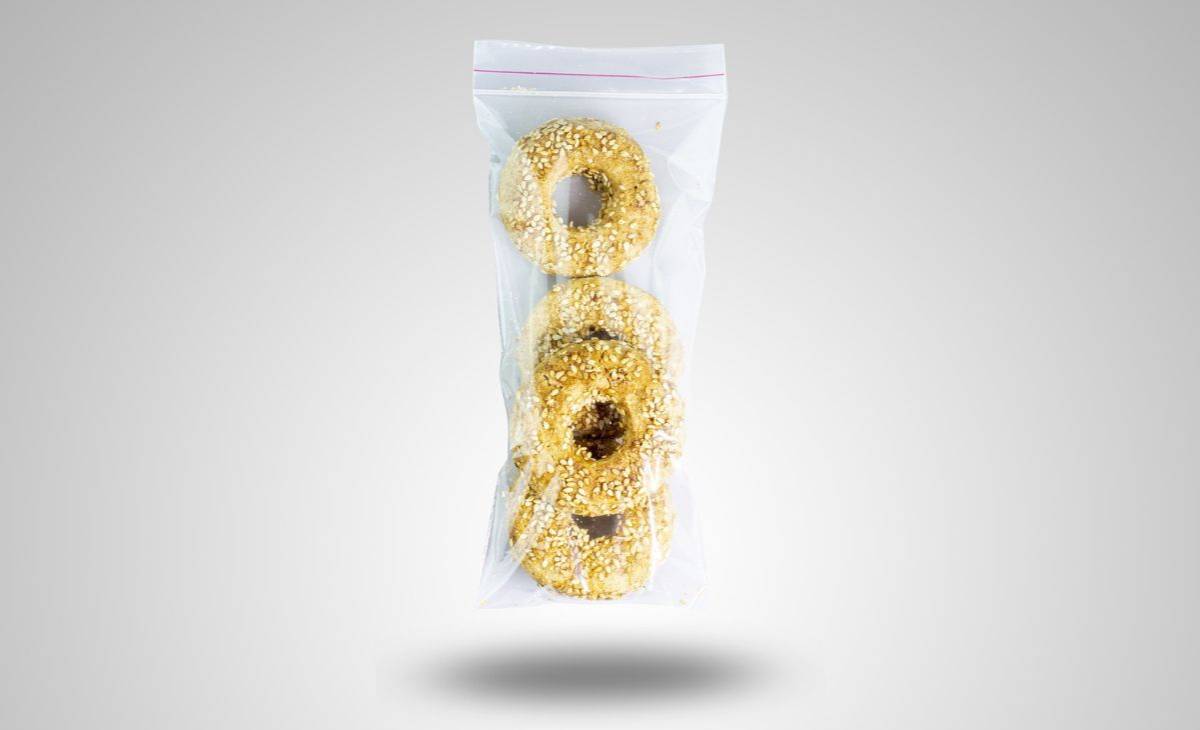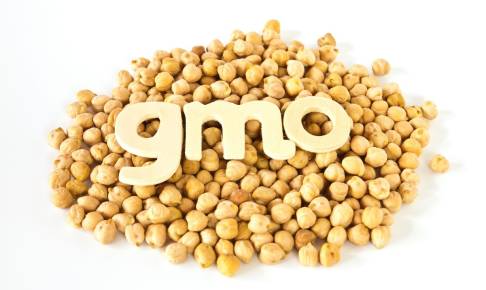Sweeping changes to EU Regulation on plastic materials in contact with food
The European Commission has published a new regulation, Regulation (EU) 2023/1442, which modifies Annex I of Regulation (EU) no. 10/2011 concerning plastic materials and articles intended to come into contact with foodstuffs. The changes mainly focus on the authorizations of substances used in plastic materials intended to come into contact with foodstuffs and the addition of new substances to the list.
The updated regulation has been enacted to ensure food safety and enhance consumer protection, in line with the Treaty on the Functioning of the European Union and the EC Regulation 1935/2004. These changes are expected to substantially impact the food industry and manufacturers, compelling them to adjust and comply with the new provisions.
The European Commission has updated Article 5, paragraph 1 of EC Regulation 1935/2004, amending letters a), d), e), h) and i) of the second paragraph to include additional requirements relating to the use of plastic materials and articles that come into contact with foodstuffs. The changes aim to ensure that the substances used are safe and do not pose a risk to the health of consumers.
Further modifications to article 11, paragraph 3, and article 12, paragraph 6, of Regulation (EC) no. 1935/2004 allow for the addition of new substances to Annex I. This change reflects the need to keep pace with scientific and technological advancements in the sector of food-contact plastic materials.
The amendment of Annex I of Reg. (EU) n.10/2011 involves the inclusion of new substances that can be used to manufacture plastic food contact materials. However, there are special regulations for plastic materials and articles made from salicylic acid or untreated wood flour and wood fibers from a specific wood species.
The new regulation will come into force on 1 August 2023. Transitional measures indicate that plastic materials and objects compliant with the previous version of Regulation (EU) no. 10/2011 but placed on the market for the first time before 1 February 2025, can remain on the market until stocks run out.
The updated regulation serves two critical purposes: to maintain a high level of consumer health protection and to harmonize European legislation on the matter.
As the new regulation comes into force, manufacturers and the food industry will need to stay abreast of these changes and ensure that they comply with all the new requirements.
Source:






















